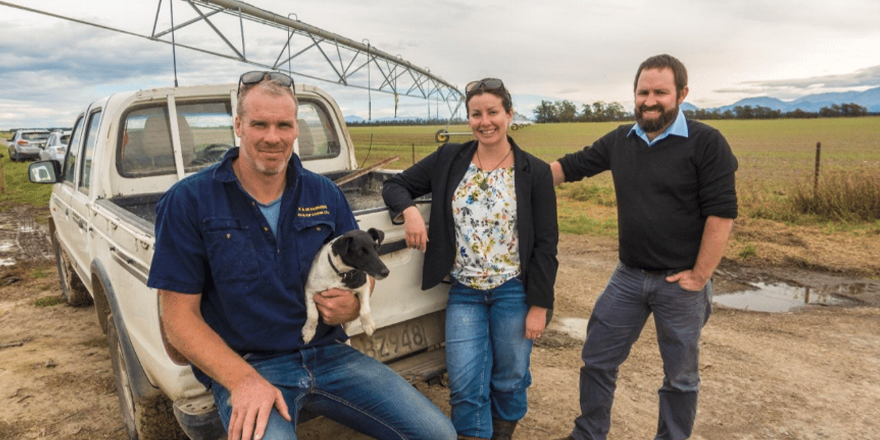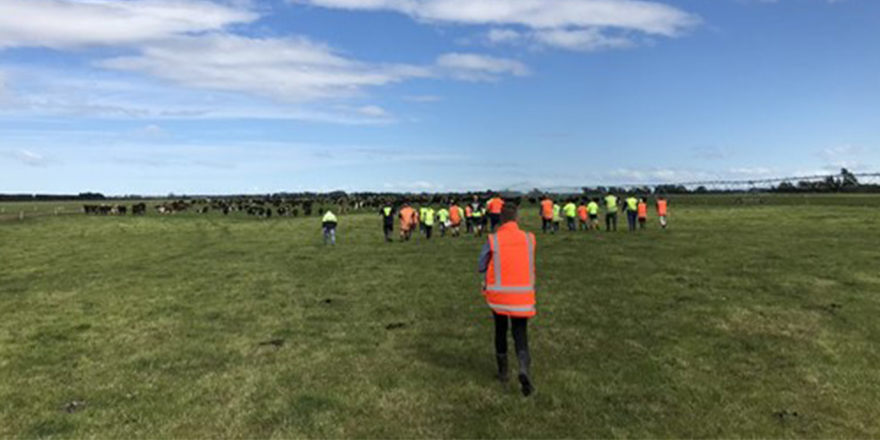
Executive Summary
Water quality issues in New Zealand have become a top political issue, with the public demanding action be taken against the agriculture sector to ensure our rivers and lakes are returned to a “swimmable” state. Numerous policies and plans have been developed throughout the country to address these issues, with many regional councils creating rules which require farmers to operate at “good management practice” (GMP). For GMP to be effective in improving water quality, potentially thousands of farmers will need to make changes to their day to day farming practices over a sustained period of time. Programmes which are created to support the uptake of GMP by farmers need to ensure the changes become a normal part of the daily farming operation in order to improve water quality in the long-term. I have called these types of initiatives “Sustainable Change Programmes”.
This project has investigated the success (or not) of similar sustainable change initiatives introduced either here or overseas in order to identify the key factors which either enhance or hinder the success of these type of programmes. I have applied these key themes to critically assess two New Zealand case studies, which highlight different types of change programmes; the Motueka Integrated Catchment Management project and Synlait’s Lead with Pride programme.
I found no single template will work for all people in all circumstances. Each programme needs to be tailored to address their specific issues or outcomes, the existing capability and knowledge of people involved, the anticipated timeframe to see the change and the resources available.
The most consistent theme I identified in sustainable change programmes was the need to build trust and allow the time to do this successfully. Programme organisers need to ensure farmers could trust the people they worked with, can trust each other and other stakeholders, they need to trust the information they were provided and they need to trust the tools being recommended as a “solution”. Without trust, there will be limited engagement and uptake of the desired changes. Every interaction with a participant is an opportunity to build, or lose, trust. Therefore, supporting multiple positive interactions between participants, implementers and key stakeholders will support the development of trust between all those involved. Investment in high quality people, who know how to deliver the message competently is a critical part of building trust.
The structure of the programme needs to be set up to best address the timeframes and community expectations for delivery. Mandatory or regulatory structures are often most effective for large scale, short term projects, which need a result quickly, but not a change in values. Whereas voluntary programmes tend to have higher rates of engagement, but poor participation and market driven programmes tend to have a balance of both.
Throughout the whole process, project developers and implementers need to constantly refer back to the people who are affected to ensure the project is focussing on the right issues, to collect the right information and to communicate everything in the most effective way.




